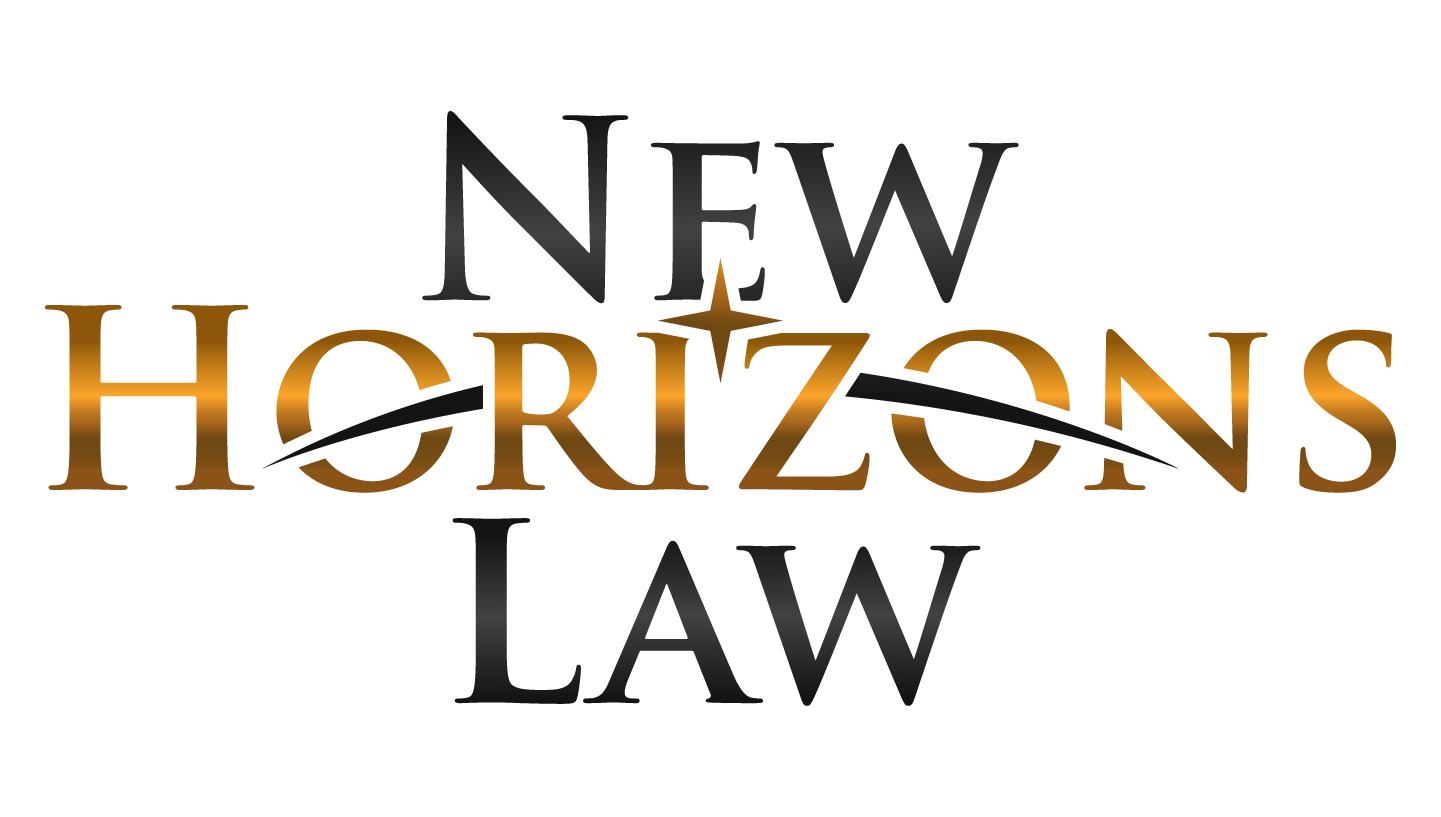Guardians in Florida Family Law
It is quite common for a new or potentially new client to state that my friend just got divorced and he or she got a very favorable custody arrangement and time sharing schedule mainly due to the report of a Guardian ad Litem. Next this new or potentially new client asks whether New Horizons Law, P.A., Michael J. Costantino, Esq. can have a Guardian ad Litem appointed to his or her case. At New Horizons Law, P.A., Michael J. Costantino, Esq.’s answer is it depends on a number of factors.
When a new or potentially new client makes a statement like this New Horizons Law, P.A., Michael J. Costantino, Esq. replies that every Florida divorce case and custody dispute is different due to that the dynamics of each “family” is dependent on the personality characteristics of not only both parents, but also of the child or children.
What Can a Guardian ad Litem Do?
Florida Statute § 61.403 provides in part that “A guardian ad litem shall have the powers, privileges, and responsibilities to the extent necessary to advance the best interest of the child.”
In very general terms, a Guardian ad Litem is usually appointed in cases where there is significant amount of conflict between the parties with respect issues regarding their children as well as established concerns about the children’s well-being.
Unfortunately, it is New Horizons Law, P.A., Michael J. Costantino, Esq.’s experience that in highly contested cases one party refuses to take into consideration what is the best interest of their child or children. Florida Statute § 61.13 lists nineteen specific factors that a court must consider when determining the best interest of the child and also allows the court to consider “Any other factor that is relevant to the determination of a specific parenting plan, including the time-sharing schedule.” Some of the other factors include the following subsections of § 61.13:
(h) The home, school, and community record of the child.
(i) The reasonable preference of the child, if the court deems the child to be of sufficient intelligence, understanding, and experience to express a preference.
(j) The demonstrated knowledge, capacity, and disposition of each parent to be informed of the circumstances of the minor child, including, but not limited to, the child’s friends, teachers, medical care providers, daily activities, and favorite things.
(k) The demonstrated capacity and disposition of each parent to provide a consistent routine for the child, such as discipline, and daily schedules for homework, meals, and bedtime.
Since a Guardian ad Litem is required to act in the child’s best interest and report back to the Court; § 61.403 allows the Guardian to be able to obtain access to the records and witnesses as listed in subsections (h) to (k) as listed above. By allowing the Guardian ad Litem to issue a report and recommendation to the Judge on these subsections, it can reduce the number of witnesses needed for a trial on the merits as well as hasten a ruling by the Court.
It is important to remember that in a family law or divorce case, a “Guardian ad Litem” can be appointed upon the request of either party or by the Judge on his or her own initiative.
New Horizons Law, P.A. Divorce and Family Law Attorney
New Horizons Law, P.A., Michael J. Costantino, Esq. wants you to understand that we are here to assist you and the dynamics of the needs of your family in trying to resolve your divorce in the most efficient and effective manner that resolves your case amicably if possible.
If you have any questions, please contact New Horizons Law, P.A., Michael J. Costantino, Esq.
for a free consultation.
